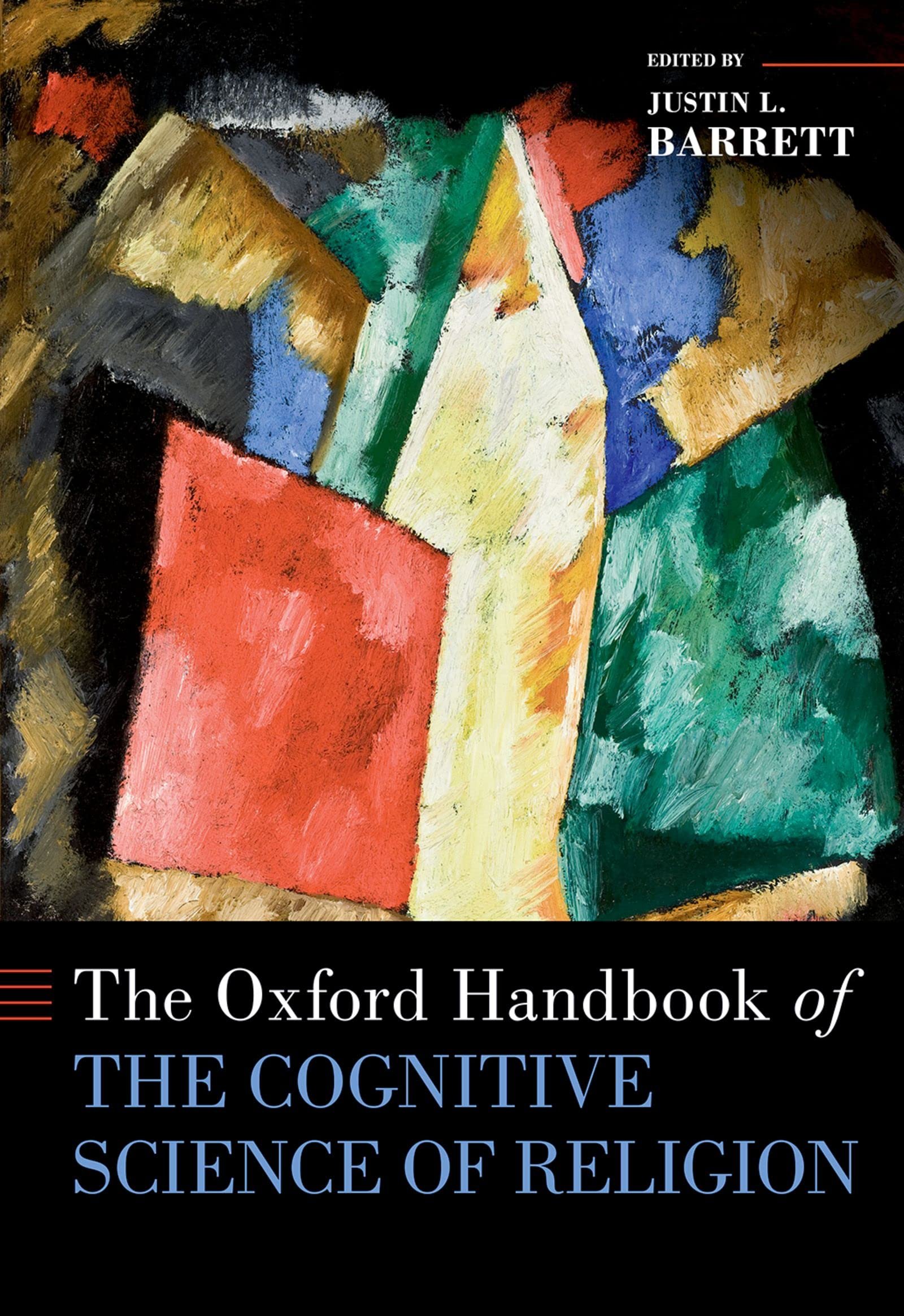
Cognitive Science of Religion
“Cognitive Science of Religion,” or CSR, is a multi-disciplinary research area involving experimental and cognitive psychologists, anthropologists, philosophers, and others who seek to map and understand the cognitive processes important for underwriting, forming, and sustaining religious beliefs, practices, and behaviors. I first became interested in CSR in order to understand and explore the philosophical implications of a scientific account of the religious life. My first publication in this area explores these themes—here’s the abstract:
Some claim that cognitive science of religion (CSR) either completely “explains religion away,” or at the very least calls the epistemic status of religious belief into question. Others claim that religious beliefs are the cognitive outputs of systems that seem highly reliable in other contexts, and thus CSR provides positive epistemic support for religious belief. I argue that (i) CSR does not provide evidence for atheism, but (ii) if one is an atheist, CSR lends “intellectual aid and comfort,” (iii) CSR does not provide evidence for theism, but (iv) if one is a theist, CSR provides qualified support for Reformed Epistemology.
1. “Cognitive Science of Religion, Atheism, and Theism,” Faith and Philosophy, Vol. 35 (2018):105-131.
This next piece, co-authored with my good friend, cognitive psychologist Laird Edman, explores some explicitly theological implications of CSR—here’s the abstract:
This article presents an overview of cognitive science of religion (CSR) and shows how aspects of CSR can be applied to theology. After surveying some main findings of CSR the authors explore how cognitive tendencies to attribute purpose to events, and develop in-group bonds through ritual, have consequences for theological reflection. These consequences are both cautionary (showing how human cognitive processes can be primed for purposes irrelevant to truth), and generative (showing how understanding human cognition can open up new areas for theological reflection).
2. “Lived Faith and Cognitive Intuitions: Some Theological Implications of Cognitive Science of Religion,” forthcoming in Oxford Handbook to Cognitive Science of Religion, Ed. Justin Barrett. With Laird R. O. Edman.
